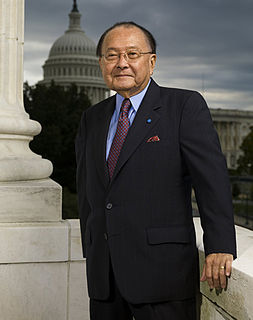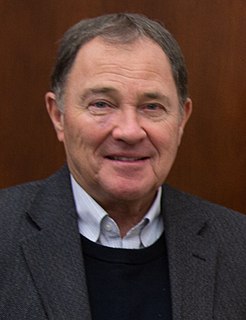A Quote by Tom Brokaw
A common lament of the World War II generation is the absence today of personal responsibility
Related Quotes
It's important to remember that World War II was experienced very much as a continuity in that sense. Most of World War II in most of Europe wasn't a war; it was an occupation. The war was at the beginning and the end, except in Germany and the Soviet Union, and even there really only at the end. So the rest of time it's an occupation, which in some ways was experienced as an extension of the interwar period. World War II was simply an extreme form, in a whole new key, of the disruption of normal life that began in 1914.
I don't think my generation carries the weight of World War II anymore. But I've got to tell you, even if we don't really talk about it, we get reminded constantly by other people or other countries. I get offered a World War II movie at least once a week just because I speak German and was born there. I have always stayed away from it because I didn't want to be put into that box.
However, there is a fundamental difference between the issue related to Japan's history and our negotiations with China. What is it all about? The Japanese issue resulted from World War II and is stipulated in the international instruments on the outcomes of World War II, while our discussions on border issues with our Chinese counterparts have nothing to do with World War II or any other military conflicts. This is the first, or rather, I should say, the second point.
Today, we have a powerful military that serves as a deterrent, but the enemy we have today is not like World War II, where you sign a piece of paper and the war is over. Today they're not in uniform. In my time we knew what the enemy looked like, we knew his weapons systems and such. Today, your cab driver may be the person, you have no idea. I don't know how we got into this fix, but we're there.
World War II made war reputable because it was a just war. I wouldn't have missed it for anything. You know how many other just wars there have been? Not many. And the guys I served with became my brothers. If it weren't for World War II, I'd now be the garden editor of The Indianapolis Star. I wouldn't have moved away.
My dad was a member of the Greatest Generation that achieved victory in World War II. This was the generation that saved the world from fascism, came home and built the great American middle class, led the way in the civil rights movement, protected our environment, and created great programs like Medicare.
































